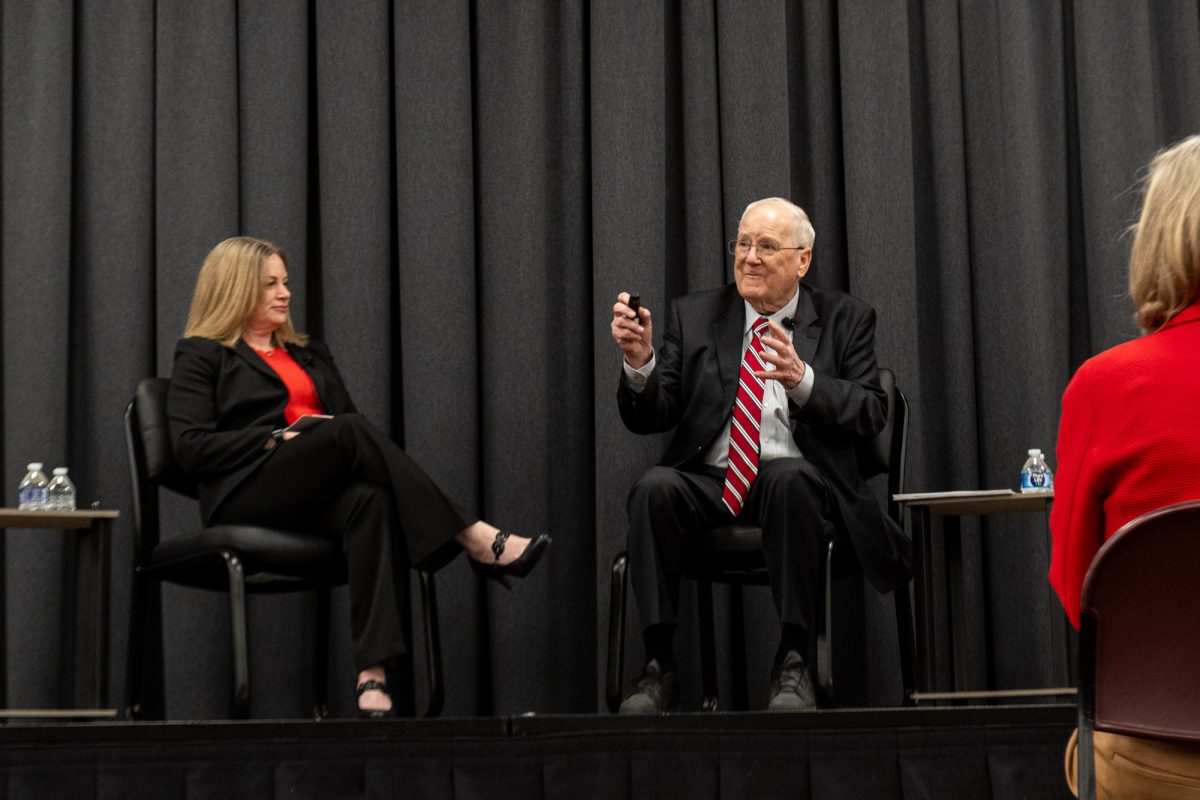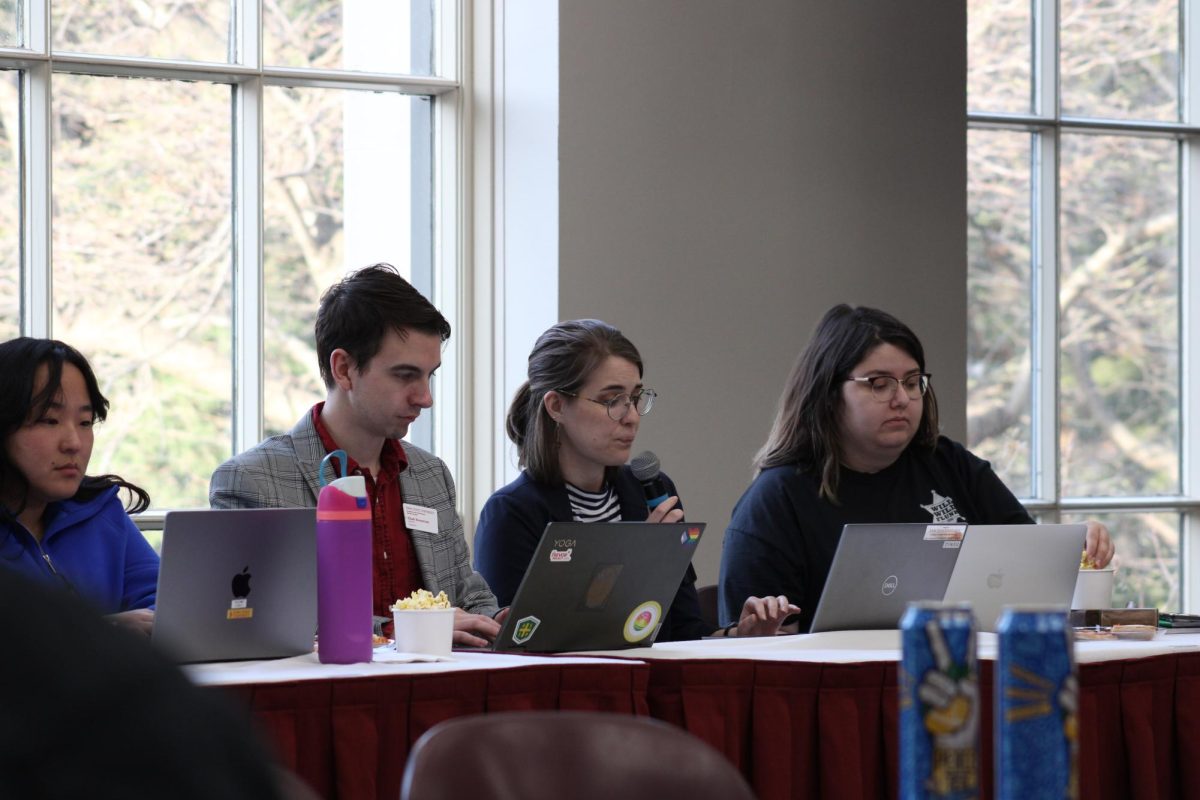Neuendorf: Say no to slacktivism
April 14, 2014
Whether it is called hashtag activism, “like” activism or more vaguely, online activism, chances are you have participated in it, probably prevalently if you are a social media zealot.
You can either retweet a tweet from the humane society, like a post from a Christian charity that donates to starving families or contribute to a trending hashtag that condemns someone for being offensive — these are the protest demonstrations and charitable outreach efforts of the 21st century.
Most recent, in form of demonstration, is a hashtag urging to #CancelColbert that sprinkled the Twitter-sphere after the account affiliated with his show “The Colbert Report” tweeted a joke in poor taste that, while mocking the owner of the Redskins’ football team, Dan Snyder, is also managing to offend Asians. But that aside, Suey Park, the Asian-American advocate who initiated the hashtag trend, inadvertently brought up an interesting question: what is the point of online activism, or more aptly, attempt at activism?
We were first confronted with this on the largest scale back in 2012 when the #Kony2012 video made its rounds on all social media platforms, and everyone, regardless of age, lent a hand. Well, sort of, if you count retweeting or having basic awareness as lending a hand. That is precisely what the campaign did, though: it allowed an issue to soak into social conscious to the point of mockery.
Soon, it was perceived as a trend, and as trends do, was in style for a short period of time, suffered a moment of aforementioned parody, then virtually disappeared from the public eye. But, those problems still exist behind our back. And when we circulate legitimate world dilemmas like they are the latest iPhone model, we should check our priorities and our involvement.
We want to help. It is in our DNA to desire to assist others in times of need, even if it is to earnestly improve another’s livelihood or to polish our own good reputation. Online participation encourages the more vain approach, placing the issues on sites designed to embody our ideal selves. So, of course, my ideal self wants to save the children, save the horses and save the lakes, but how can one person commit to all these causes and more? Quite simply: just “like” away and before you know it, you will be endorsing over 200 social movements, and luckily your involvement need not extend past that one click.
Bitterness aside, consciousness is a necessary first step to solving anything, but we cannot reach the next steps if we are preoccupied with being vaguely alert to every concern the world holds. That in mind, we have wonderful tools of activism at our disposal in the form of the Internet, and we are in the midst of toying with our options and testing the waters.
Contrastingly, could it be that we are and will be viewing the opinions and concerns of those over the web as the only problems that exist? In other words, we begin to believe that every person who has a problem will be able to use the Internet to voice their struggle, so we lose focus on the physical world around us, and the voices who already have little luck catching our attention will be further lost behind our computer screens.
This is already being displayed in a similar fashion by the way companies and television shows closely track those on Twitter and their opinions. And in accordance to the thoughts of the online consumers, the provider will adjust their product to please a very limited group’s needs, believing that the digital customers represent the entire population.
This is a facet of a potentially larger effect: in order to have an influence, you must transcend your physical form and also invent a digital persona to push your ideas forward in a crowd of growing voices already fighting to be heard.
Activism as we knew it will be the most affected during this shift. The newest currency will not be in monetary donations but in hashtag recognition, and it is our duty to conspire a way to translate that into something of dollar value because, honestly, it is money and precious time and dedication that differs effective activism from just knowing something is wrong in a far off country.
I know I will try to hashtag a little less and physically help a little more because being a slacktavist does not look good on any profile.





